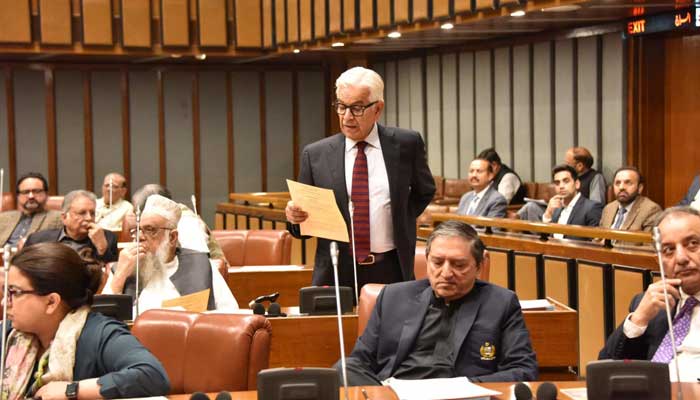The tenure of Pakistan’s Services Chiefs has been extended from three to five years through a recent amendment to the Army Act. This change, passed by the National Assembly, is being hailed as a significant and much-needed move to ensure stability in the country’s military leadership and policies.
Under the previous rule, the Chief of Services held office for just three years. This time frame often made it difficult to take major decisions and implement long-term policies. Leadership changes at the end of each three-year term would disrupt ongoing work. When a new chief took over, they often had to start afresh, which could set back both military operations and national security efforts.
The new five-year term is expected to bring much-needed continuity. Legal experts believe this decision will enable military leaders to complete their planned initiatives and bring policies to fruition without interruptions caused by frequent changes in leadership. A longer tenure also allows service chiefs to focus on long-term goals, making military decision-making more consistent and effective.
On the legislative front, another key decision was the increase in the number of judges in the Supreme Court, rising from 17 to 34. This expansion aims to improve the efficiency of the judiciary and help deliver justice more promptly. Following the President’s signature, all six bills related to these changes have now officially become law.
Legal experts assert that these amendments are not designed to benefit any individual but to strengthen Pakistan’s institutions. While previous amendments may have been seen as favoring specific individuals, the latest reforms are seen as a step towards institutional stability and the strengthening of the military and judicial systems. These changes are intended to support the broader framework of governance, not just one person.
The key benefit of extending the Army Chief’s tenure is the stability it offers. As noted by experts, policies often take time to implement and bear fruit. A tenure of five years will give the Chief of Services enough time to see through long-term strategies and avoid the disruptions caused by leadership changes every three years. This is particularly important for national security, where swift changes in leadership can have serious consequences.
In the National Assembly, all political parties, including those from the opposition, agreed on the amendment. This wide support suggests that the decision is not just government-backed, but has the approval of all key stakeholders, which reinforces the legitimacy of the reform.
Legal experts also pointed out that the opposition’s protests, particularly by the PTI (Pakistan Tehreek-e-Insaf), were unfounded. They recalled how PTI had previously pushed through a law in 2020 that extended the tenure of the Army Chief by three years, specifically for one individual. Critics argue that PTI’s criticism of the current reform is inconsistent, given their own role in passing a similar law for personal benefit.
The new amendment ensures that the extension is not for an individual but for the institution itself, which benefits future Chiefs of Services, as well as other branches like the Navy and Air Force. This is a major shift from the past, where tenure extensions were seen as decisions made for individuals, not for strengthening the institutions.
Legal experts emphasize that the reforms are in line with constitutional and legal procedures. Voting took place in both the National Assembly and Senate before the federal cabinet approved the amendment. All processes followed the required legal frameworks, which gives the reform its constitutional legitimacy.
Furthermore, the previous three-year rule gave political forces more influence over military matters, often politicizing the army. By extending the tenure to five years, military decision-making becomes more independent and less susceptible to political pressures. This shift is seen as a positive move for both the country and the army.
Experts argue that the current government is correcting the mistakes made during PTI’s tenure. While PTI raised objections, they had implemented their own reforms that extended the Army Chief’s tenure for personal interests. The current legal reforms, however, are aimed at institutional strength, ensuring that the military leadership can work with greater focus and stability.
These changes reflect a broader commitment to strengthening institutions and moving away from the previous trend of politicizing military affairs. In the end, the amendment to the Army Act will help the country move towards more stable and efficient governance.


